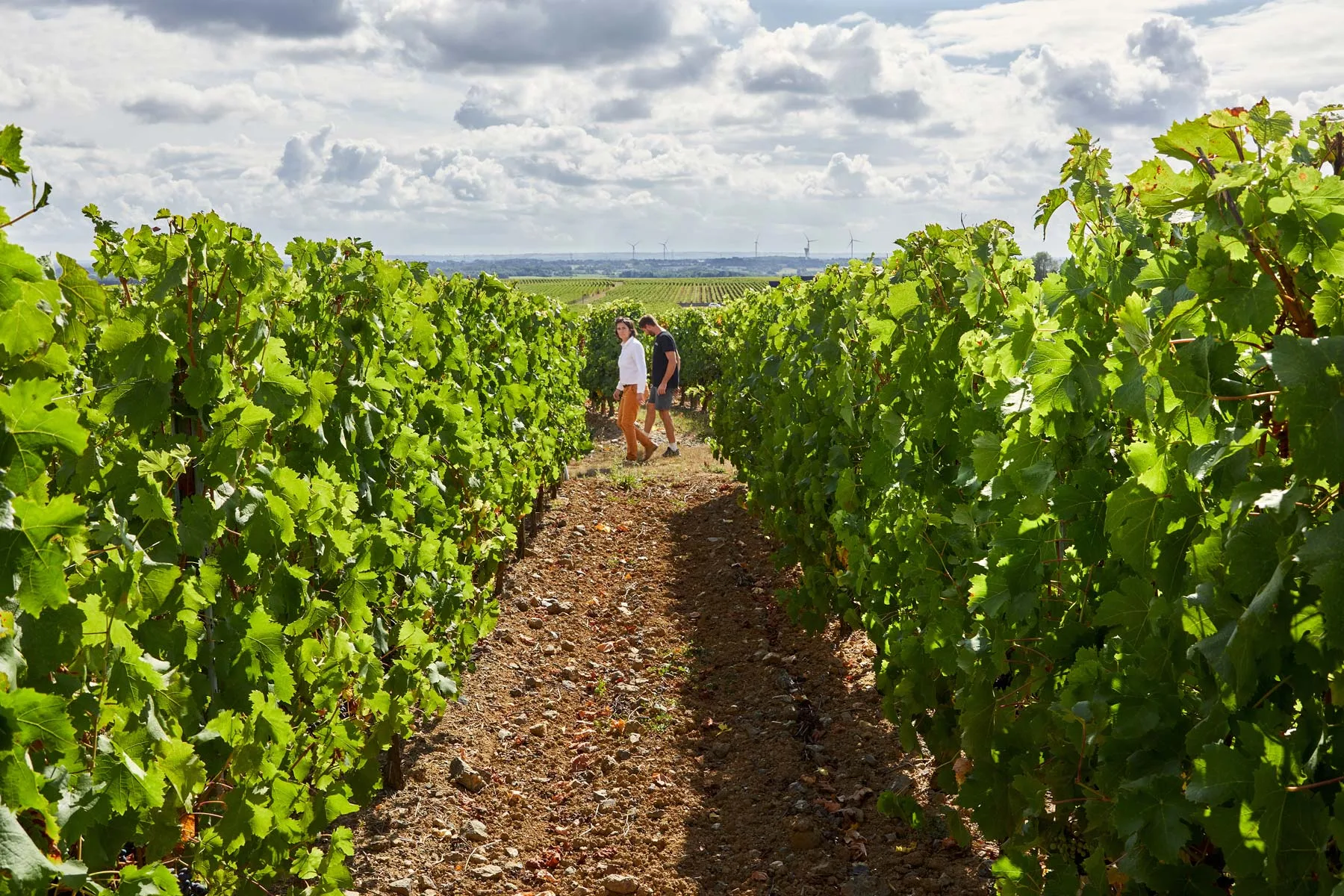Valuing Your Wine Estate Is a Key Step Before Any Decision

-
Initial Meeting and Discussions
Everything begins with attentive listening to your request. Whether you are considering a sale, a transfer, or a restructuring, we take the time to understand your expectations.
This exchange is essential to identify your needs and define the areas of valuation that will be most useful to you.
-
Engagement Letter
At the end of this presentation, we draw up an engagement letter specifying the scope of our involvement. A detailed proposal is then provided, taking into account the specific features of your estate and the elements to be assessed.
-
Detailed Visit of Operational Assets
We carry out an in-depth analysis of all the assets of your estate:
-
Land: vineyard surface area, soil characteristics, AOP or IGP classification, meadows or woodland
-
Operational buildings: winery, vat room, storage facilities, technical premises
-
Private real estate: where applicable, in partnership with expert advisors
-
Vineyard and winemaking equipment: cultivation, vinification, and bottling equipment
At the same time, we review the financial documents (balance sheets, income statements) and legal records (bylaws, leases, property titles) to gain a complete overview of the estate.
-
-
Valuation Study
Based on the information collected and the analysis of the estate’s economic performance, we establish a quantified valuation. This study may include both a patrimonial value and an economic value, taking into account the profitability and potential of the estate.
-
Review Meeting to Discuss the Study
We present our conclusions to you during a dedicated meeting. Our goal is to provide you with a precise understanding of your estate’s valuation, explain the figures in detail, and support you in your strategic thinking.
-
Update of the Valuation
Because a wine estate evolves over the years (equipment, vineyard surface, economic performance), our valuation can be updated to reflect these changes.
We remain by your side to adjust your project and provide you with the answers you need.
Make an appointment for an estimate
Specialists in the Loire vineyard, we support each transfer with passion, rigor and commitment.
Our valuesFrequently Asked Questions About Wine Estate Valuation
What factors shape the value of my vineyard estate?
As part of our valuation studies, we analyze every element of your wine estate in order to estimate its value with precision:
-
The terroir: soil composition, exposure, climate, and agronomic potential.
-
The grape varieties: diversity, age of the vines, and suitability for the appellation.
-
The buildings: their history, construction quality, and state of preservation.
-
The winemaking equipment: condition, production capacity, and need for renewal.
-
The stocks: volume, wine quality, and potential for added value.
-
The economic performance: past profitability and future prospects.
-
The reputation: the estate’s image, awards, and market recognition.
Each of these factors plays a key role in the overall assessment of your estate, helping to reveal its full patrimonial and economic value.
Do you include intangible assets in your valuation?
Yes, intangible assets play an essential role in our valuation studies. Beyond land and physical assets, we analyze:
-
Brand reputation: market recognition, distribution network, awards, and overall image.
-
Wine tourism potential: the estate’s appeal, visitor experience, and capacity to develop hospitality activities.
-
Know-how: cultivation and winemaking methods, wine characteristics, and the transmission of a unique heritage.
These elements enhance the value of a wine estate and can serve as a true lever of differentiation in the market.
Is a valuation valid indefinitely?
A valuation is not fixed in time. It is based on economic performance, the condition of assets, and market trends — all factors that evolve regularly. For this reason, a valuation has a limited validity.
However, it is not necessary to update it constantly. An update is only recommended when a specific need arises, such as a sales project, a transfer, a restructuring, or the search for investors.
How often, or at what stage, should a wine estate be valued?
It is recommended to carry out a valuation 5 to 10 years before a planned sale or transfer. This anticipation allows for optimizing the value of the estate, identifying potential adjustments, and preparing for a smooth transition.
An updated valuation can also be useful in the event of a restructuring, an investment, or any significant change in the operation.
How is the profitability of a wine estate calculated?
The profitability of a wine estate is based on several factors, including:
-
Revenue streams: turnover from wine sales and other activities.
-
Production costs: expenses related to vineyard cultivation, winemaking, and vineyard labor.
-
Wine portfolio: range of wines offered, their impact on value, and market demand.
-
Market security: customer loyalty, distribution contracts, stability of sales channels, and opportunities for diversification (wine tourism, direct sales, additional services).
This analysis makes it possible to assess the estate’s ability to generate sustainable profits and to adapt to changing market conditions
